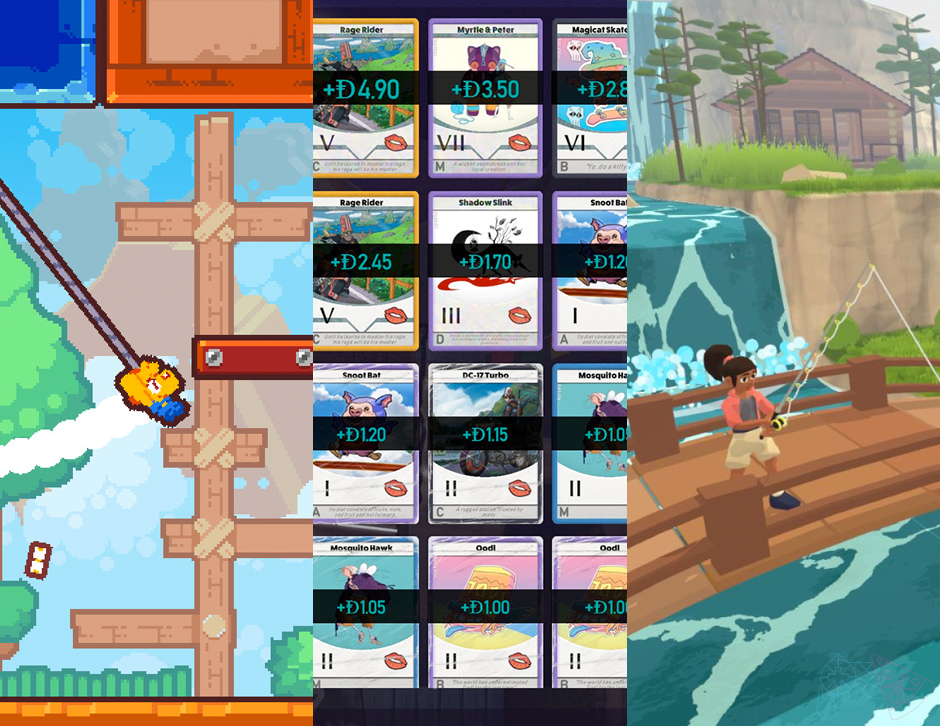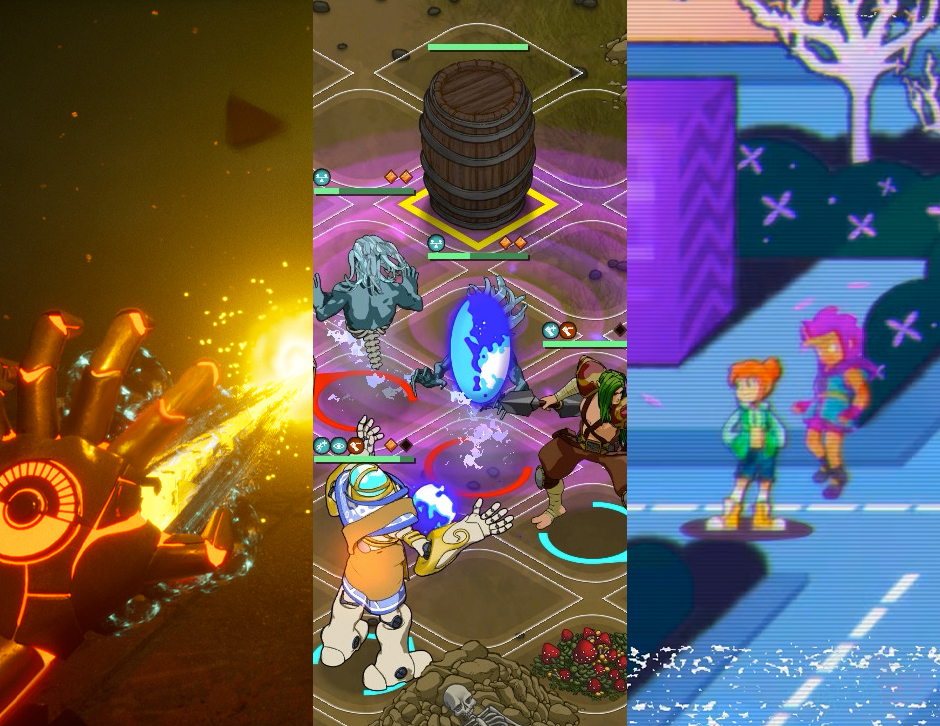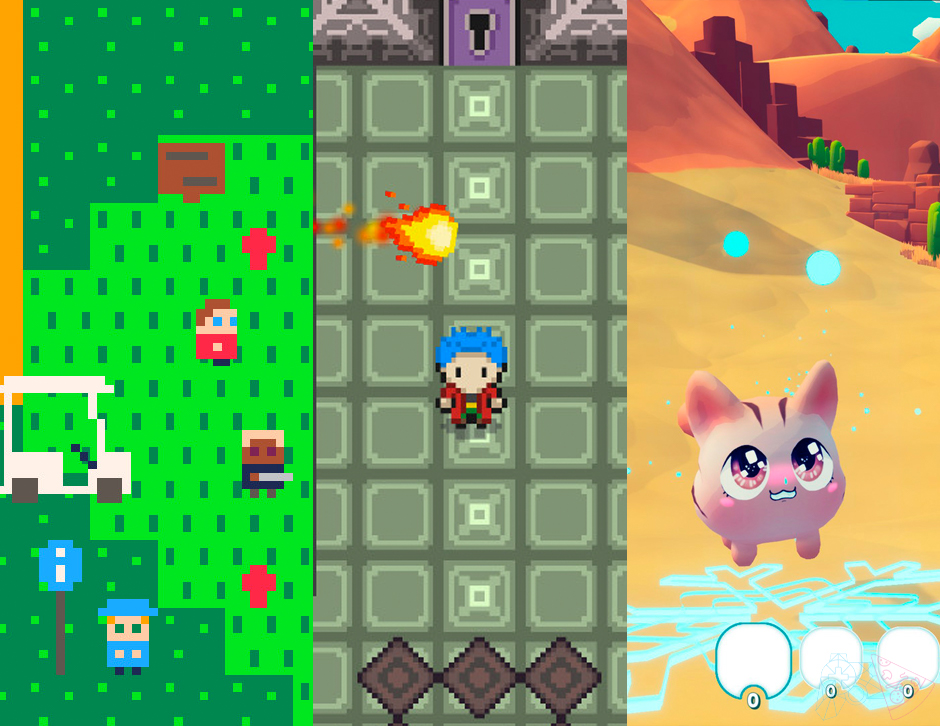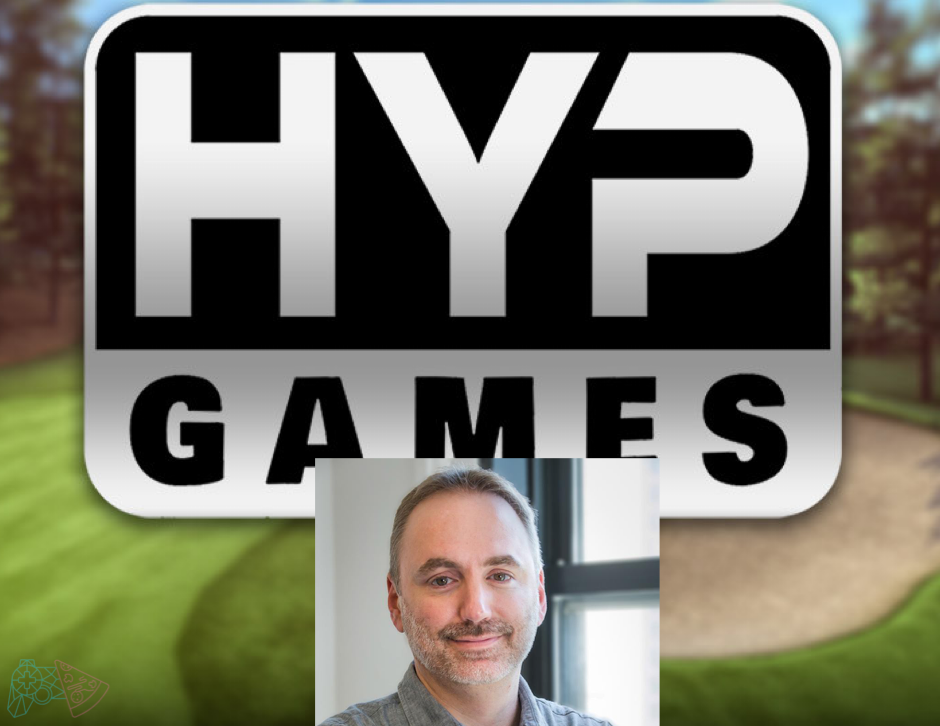
HypGames CEO and founder, Mike Taramykin, has been an industry leader within the mobile games realm for over two decades, spending time at companies including Miniclip, EA Sports, FanDuel, and Zynga. HypGames’ Ultimate Golf! continues to see success, dominating the App Store and bringing in new players every day.
Mike recently sat down with GamingPizza to discuss his career, mobile games, as well as where gaming is headed.
[GamingPizza]: You were an early entrant into the mobile gaming scene. What was it about mobile gaming that made you a believer in its inevitable success?
[Mike Taramykin]: “It’s the math. When you talked about gaming before, you always had to be in front of your television or computer, and you’d always be amazed how many units that Sony sold, or how many Xbox sold. It was like 50 million, or 70 million. But when you think about phones, now you’re measuring billions. So the idea is, if everyone has a game console in their pocket with them all the time, it’s a volume thing. It was just clear that was going to become the dominant gaming platform, once it was clear that the capabilities of smartphones were going to be good enough to run triple-A games.”
[GP]: Florida – and more specifically, the Orlando area – is a hub for the gaming industry. You’ve been there for over a decade, though. Why do you think Orlando was able to create such a boom?
[MT]: “Part of me is like, is it? Because we’ve always known it… we thought it was a secret. I think the simple reason is just the fact we have a pretty big EA Sports presence here. The combination of that and Full Sail University. I moved here in 2005. My company got acquired by EA, and we kind of moved everybody down here from up in the New York, New Jersey area. We get down here in this big building with 700 people in it, and they’re all making video games for this town.
“And then you had Full Sail University of Central Florida, which has a master’s program for game development. You kind of had this nice little cycle – a lot of people coming here to learn how to make games from outside the area. There’s this constant flow and then what naturally happens is people break off. Some people that used to work at EA start their own companies, and likewise, some people that went to those schools also end up sort of staying local and building [their studios] which draws others in.
“When I left EA, the first thing that I did was join Zynga, but we started a studio here. We have a really good cost of living. A lot of people are industry veterans, plus with new students coming right out of school, you compare it to the alternatives, San Francisco, LA, Austin even. It just felt like a little bit of an oasis that kind of had the perfect brew and I guess over time, it’s grown. Maybe [Orlando] isn’t a secret anymore.”

[GP]: What are some pitfalls that indie developers may be overlooking as they develop their game in 2022?
[MT]: “I think what’s kind of universal is that, when you’re indie, when you’re new, you have the passion and the drive and the vision, but, like anything, it’s a business. And unfortunately, I still haven’t found a better alternative than just experience to understand the business part of it.
“I think the pitfalls are always just kind of understanding it. Games are a creative endeavor, right? But ultimately, it’s underpinned by a business, because you need resources and capital to make games and put things out. Making something is easy. Having it be a successful business is a different story. And it’s true everywhere these days, not necessarily just on mobile. But more and more, that business is a service. It’s not about the product. It’s not about a packaged goods business where you make a game and you package it up, and you sell it to somebody. It’s more about, usually, giving the game away, and then you have to run it.
“When you’re younger, and you’re newer, and the team is smaller, and you have all this heart and drive, the parts that make it successful are the other bits. Everybody likes the game. Now, what? What do we need to do tomorrow, because everybody loves a game today, but they’ll be bored by the end of the week. What are you working on to kind of move that forward? How are you getting into more people’s hands? What’s your user acquisition strategy? What’s your business model? I think when you’re newer, a lot of those lessons, you just have to kind of experience them. And I think that ends up being a pitfall if you make something great. [Maybe] it’s missing one or two things that are critical factors. You [hopefully] learn that by a third or fourth effort, but you have to kind of survive through the first two or three.”
[GP]: How do you maintain games like Ultimate Golf? How do you keep that game so fresh and at the top of the App Store? How do you separate yourself from the thousands of other titles out there?
[MT]: “Thank you for saying that. That’s very flattering. We’re close in our category, but there’s some others in front of us.
“It’s kind of understanding that it’s a service. We think more than just the thing we’re working on right now. We had a roadmap when we launched the game in 2020. We had probably about two years’ worth of ideas on a backlog. Basically a roadmap of everything we wanted to get to, and sort of predicated on the, ‘Hey, if this game is successful enough, we’ll do the first thing on the list. And if people are still playing, then we’ll do the second thing. And then the third thing…’
“It was kind of like this iterative approach. We didn’t try to have everything available at the same time at the beginning at the expense of getting into the market sooner. When we put the game out, and we saw that it was resonating, we just went on to the next thing on our list. And we knew that as people played, and as they got to the point of where they were looking for something else in the game, we were ahead of them.
“Then, new users were coming into a much deeper experience. Now, somebody comes into the game that is very full-featured. We just always kept trying to stay one step ahead of what the audience wanted. And that said, that really never stops.”
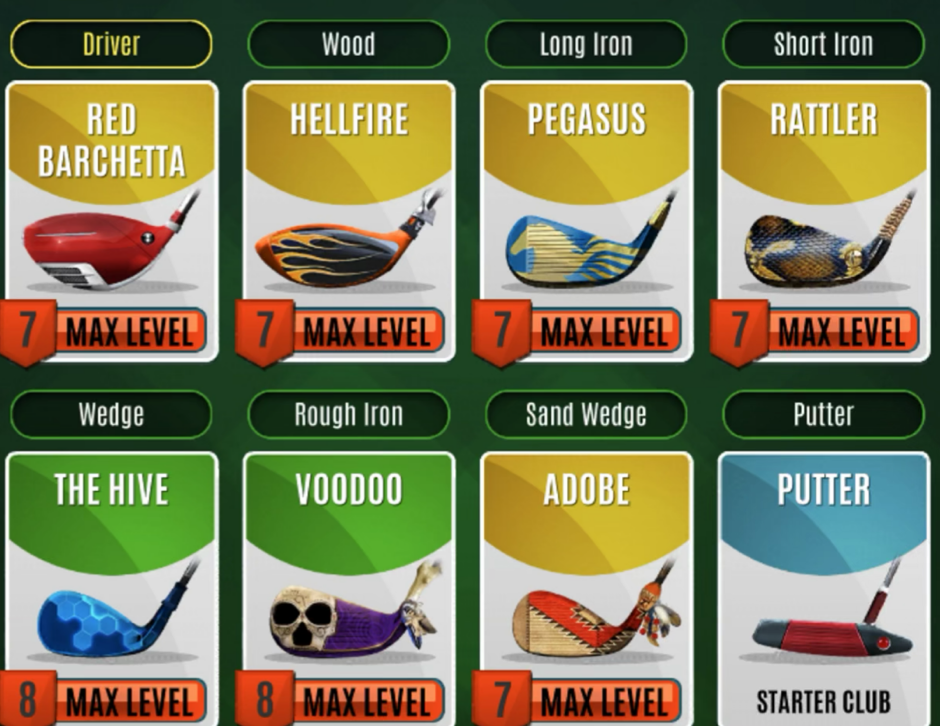
via HypGames
[GP]: In terms of keeping it fresh, staying one step ahead. What do you think is next for mobile gaming? Maybe gaming in general? Is VR/AR part of the equation or is there something else?
[MT]: “That’s a great question. There are trends that are always underlying there, technologies and ideas that are always in a state of evolution. And at some point, they’re bound to have some kind of breakthrough. But you don’t know if that’s today, or next year, or 10 years from now.
“AR and VR are great examples. VR has been around for like, 50 years, or 30 years, or whatever. But for some reason, it hasn’t really had that commercial breakthrough to become really mainstream. I think AR and VR are part of the future, I just don’t know if it’s the near future, the distant future, the intermediate future, stuff like that.
“What I find really interesting, though, is I think gaming in general is becoming so much more collaborative and communal and more of a group activity. It’s really just about bringing people together to do something that feels like they belong – they’re doing something collaboratively in a group versus sitting by themselves playing against machines. I think that trend will continue, it will continue to develop.
“What I look for is not so much technology, but a kind of game design that really brings people together. I’m really interested in this notion of a Metaverse where everybody is collaboratively inside of some kind of a space. I don’t know if that’s necessarily going to be inside of a VR helmet, or if it’s going to be location based, and you go out in the world and we overlay gameplay over the real world. That’s TBD.
“I think if I plug in our business a little bit, or at least our approach, I think sports are really a great driver because it’s kind of like this sort of universal thing that everybody understands, regardless of what sport you’re into. It’s kind of that built in competitiveness. But it’s also incredibly collaborative. Even if you’re in a league, it’s collaborative. You’re all trying to beat each other, but you’re still playing together. So, I think the trends in gaming are becoming more and more social.
“And I don’t mean social, like you’re going to be like sending invites to your friends and getting them to join. But some kind of structure around all of your gaming that kind of ties all that stuff together. That’s where I think things are going.”
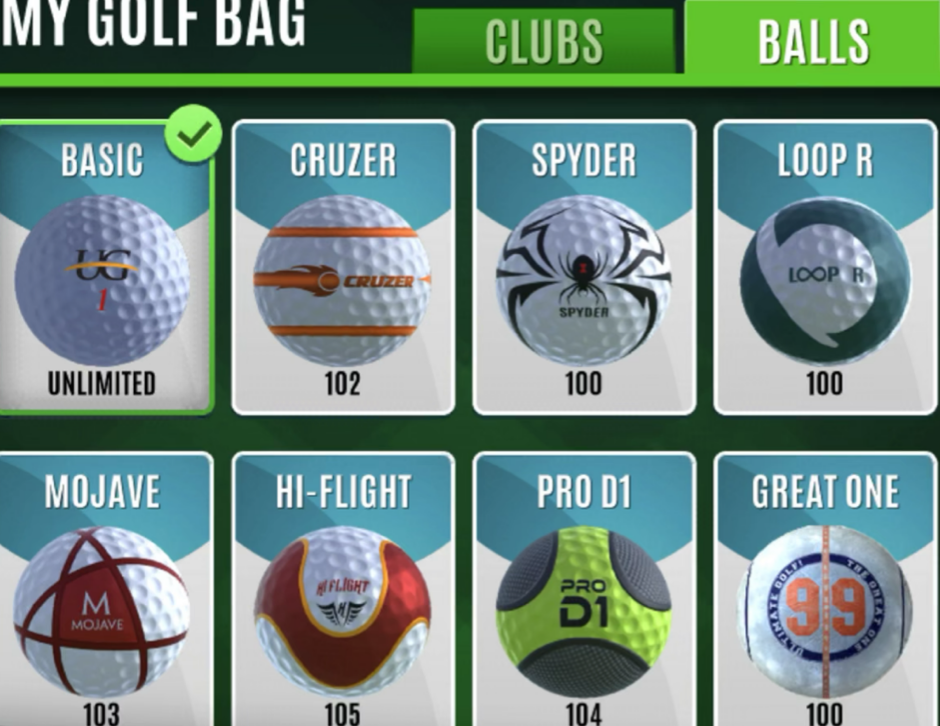
via HypGames
[GP]: I think that totally makes sense. Especially, since the pandemic kind of forced that idea to be accelerated.
[MT]: “It’s funny, because I see gaming communities just like exploding and growing and becoming much more, you know, people get together and stream the games that they’re playing. They’re becoming their own broadcasts as they’re creating their own content with the games, but they’re kind of doing it on their own. So, you can’t avoid that trend. That’s like a very human nature kind of trend. People just are grooming and teaming up and creating communities regardless of what game it is. Minecraft or some indie mobile game, you still have like these pockets of people that say, ‘Hey, here’s a thing we’re all into. Let’s turn it into something bigger.’ I think that is a super healthy trend that I hope will continue to grow.”
[GP]: As a 29-year veteran within the gaming industry, you’ve no doubt seen genres and flavors of the month come and go in terms of industry trends. Have there been any ideas or trends or other opportunities that you think may have been axed too hastily? Or is it just sort of the nature of creating whatever is hitting with the audience/consumers?
[MT]: The truth is, no. I can think of examples like, ‘Boy, that came out of nowhere and disappeared quickly.’ I think about things like handheld game systems. I thought that was the greatest idea ever, like the PSP. And then it just sort of went away, but then it got replaced with a phone, and a Switch. So, I think great ideas evolve. A good idea never goes away.
“I think weird ideas sometimes go away and they don’t ever come back. But there’s very few of those because a lot of it is just something that just sort of came out and at that moment in time, it kind of made sense, then that purpose evolves.
“The Switch is a great example. I mean, I was so excited about the Sega Game Gear. That was the most incredible thing I could imagine in 1998. [The Switch] is the same concept, but the quality is so much better and I can plug it into my TV. And now my phone can do the same thing.”
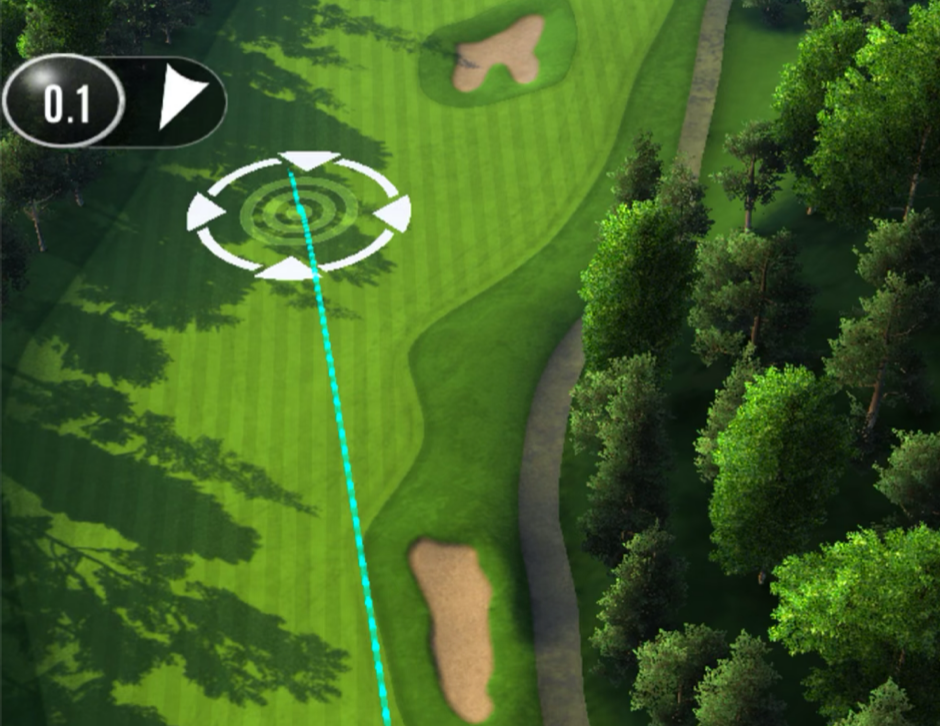
via HypGames
[GP]: Are there any sports that you’d love to make a game for, but haven’t yet?
[MT]: “No. Not to say, ‘Oh, we’ve done it all.’ A while ago, I just made a distinction between the games I want to play and the games I want to make. When I play them, it’s for entertainment. When I make them, it’s because I want to enjoy what I do. But it’s really a business decision too.
“There are some that I’d like to make, because I think we can do better than somebody who’s already making it. But not because they haven’t been made. There’s not really a stone in the sports universe that has not been flipped over. That’s not true in other genres, right? It’s not about inventing [new sports] – Rocket League aside. It’s about giving people an outlet for passion that they already have? We’d have to tap into something that exists. So, you don’t make up a sport. You gamify something that’s already there.”
[GP]: With your last round of investment funding, the plan is to grow the studio throughout the year. What are you looking for in new staff members? How can they stand out as a top-candidate?
[MT]: “Our approach to game design is that we want to build games where the players are actually the stars. With sports games, we build tournaments and head-to-heads and all kinds of events where people can just come in and compete and essentially live out their aspirations, providing a platform where they can do that.
“We’ve got a lot of features and functionality that we work on that really enhanced that. For example, we have events in our game every couple of weeks, where we will bring in celebrities, both from the sports world, from music, from television. We’ve had Alice Cooper and Nicko McBrain from Iron Maiden. We had Lee Westwood from the PGA Tour and Amanda Balionis Renner from CBS Sports come into our game and play head-to-head.
“The whole idea is really about just creating that competitive community on a level that I don’t think really happens in other games. A lot of games have similar stuff, but we really like to kind of tie it all together, to where it’s the place you go to compete against interesting people, whether they’re famous or not. I think that’s kind of the hook that we’re really working on.”
A huge thank you to Mike for taking the time to chat! Ultimate Golf! is available as a free-to-play title on the App Store and Google Play.

